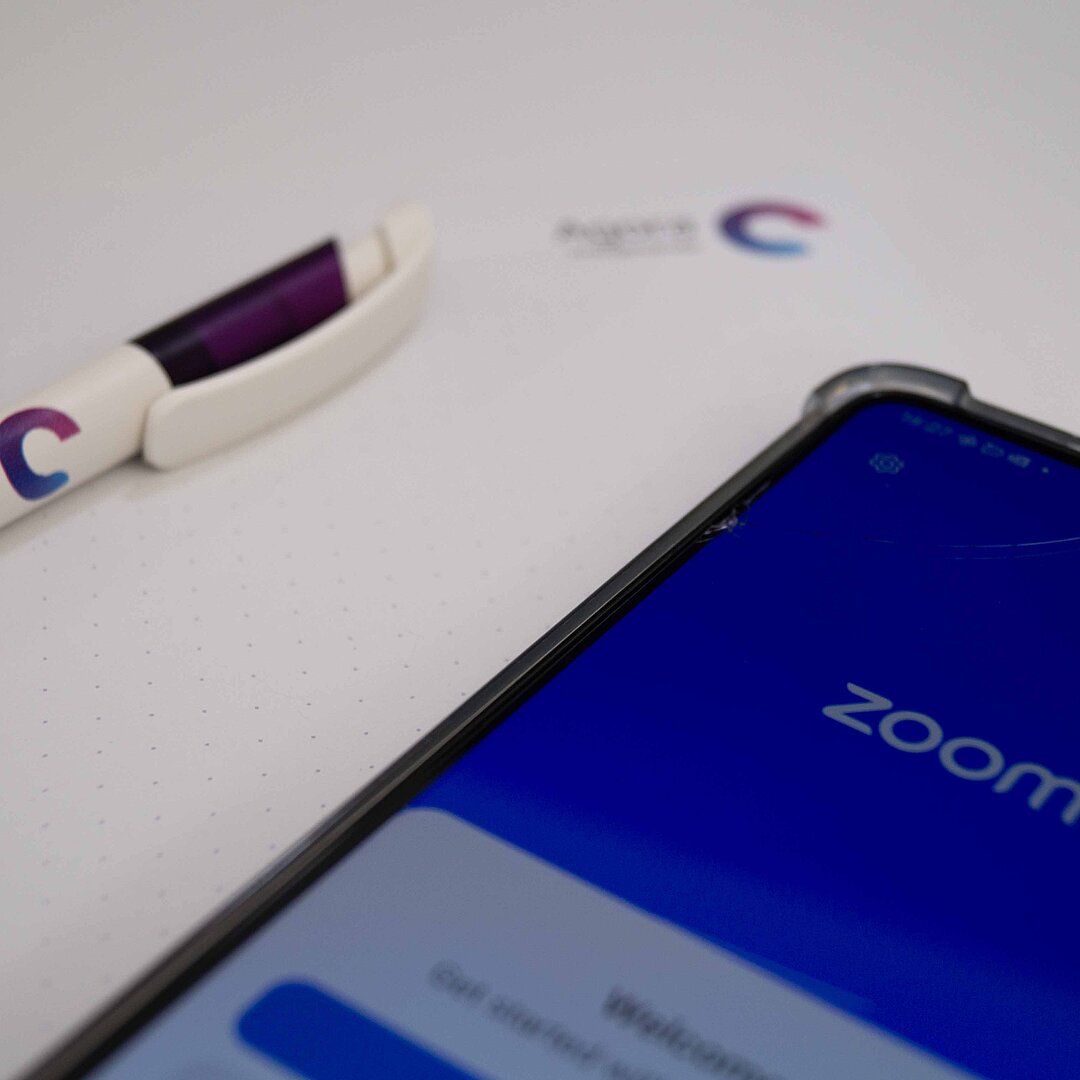- Publisher
- Deutsche Gesellschaft für Internationale Zusammenarbeit (GIZ) GmbH
- Authors
- Siripha Junlakarn (ERI), Phimsupha Kokchang (ERI), Peetiphat Teerakiat (ERI), Aksornchan Chaianong (ERI and Chair for Sustainability Transition Policy, Friedrich-Alexander-Universität Erlangen-Nürnberg), Supawan Saelim (Agora Energiewende), and Katharina Lütkehermöller (NewClimate Institute)
- Publication date
-
26 August 2024
- Pages
- 74
- Project
- Produced within the framework of Clean, Affordable, and Secure Energy System in Southeast Asia (CASE)
Unlocking rooftop solar PV investments in Thailand
Facilitating policy and financial de-risking instruments
Preface
Thailand has huge potential for rooftop solar, which could offer both the benefits of diversifying the country's renewable energy sources and enabling distributed generation at the consumer level through behind-the-meter installations. Despite a surge in rooftop solar installations in 2023, driven by high electricity prices, the current adoption rate of rooftop solar in Thailand is still much lower than its huge potential. This gap is due to several policy, regulatory and financial risk barriers. This study systematically identifies the risks associated with rooftop solar PV investment in Thailand and quantifies the impact of these risks on financial costs (i.e., the cost of equity and the cost of debt). In addition, the study highlights proposed policy and financial de-risking instruments that can support the deployment of rooftop solar PV in Thailand.

